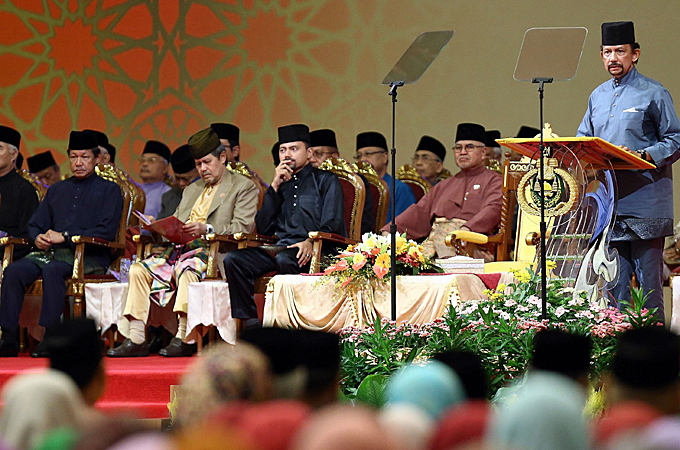Lena Mohamed looks at the June 2014 judgment in the ECtHR over the French ban on face veils.
Background to the legislation
The Act of Parliament prohibiting individuals from concealing their faces in public was enacted by the French Senate in September 2010 following a virulent anti-Muslim campaign by the government, initiated by the then President, Nicholas Sarkozy, in his controversial 2009 speech.
In the wake of the 2008 global economic crash and the general decline in the President’s popularity, the need for a scapegoat and a distraction became manifest, and in a trend seen across Europe, Muslim communities were targeted.

















![[Productive Thinking Series – Part 8] Strategies for Amazing Self-Esteem - Productive Muslim [Productive Thinking Series – Part 8] Strategies for Amazing Self-Esteem - Productive Muslim](https://ci3.googleusercontent.com/proxy/S8xdq2XmVhTxT_j7WyjBeA9nVyu6vzx3VfOJOKVCJ_120LK1Dylvv5fo82kpg8Sz64AyJhmN4OB3ajdwOTlYgGMvMpn6O0XPeF4MpJKO0bI8r0kDkbQJ69OkhQh-NLSn2_uPGlQU5a-hTvegxUAZnPFYCDaqJZdFWD_tBYnIQohWHc6g8OAHQlDwBMdYBfRGBpREg8F7q5ySVBJreXDd-KN9JsMXboxKV7hxGxQlIA=s0-d-e1-ft#http://cdn.productivemuslim.com/wp-content/uploads/2014/03/ProductiveMuslim-Productive-Thinking-Series-Part-8-Strategies-for-Amazing-Self-Esteem-600.png)
